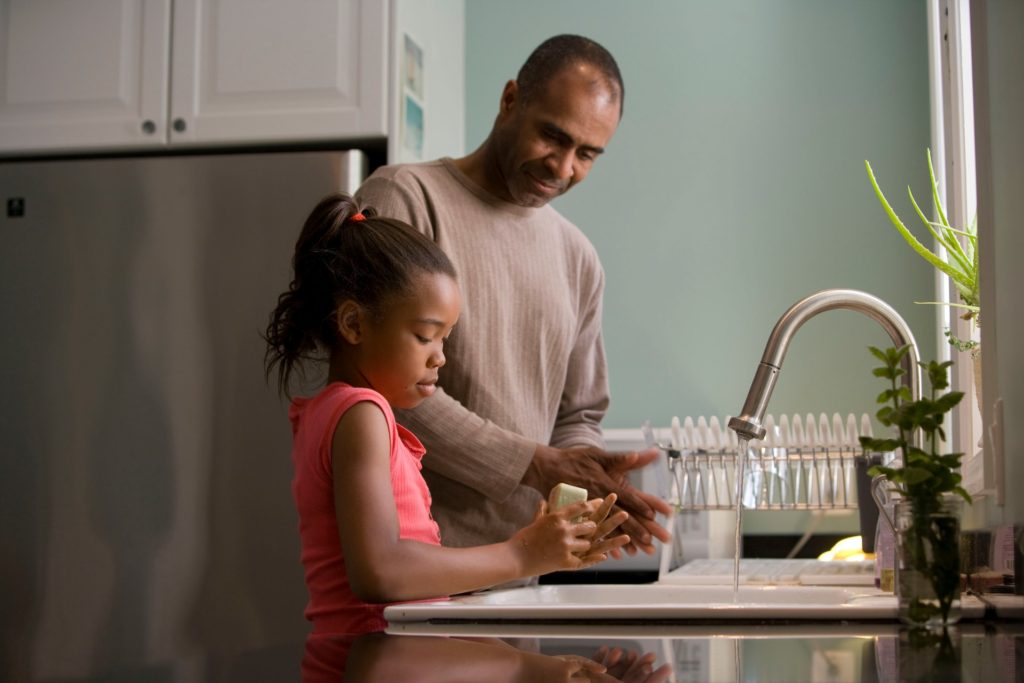
Tonight at 5 p.m., the state’s stay-at-home order will be lifted in most of the state and we will move into Phase 1 of recovery.
In our readership area, the order will remain in effect in Baltimore City. In other counties, it will be lifted but many restrictions remain in place.
We’ve been looking forward to this stage. But we’ve also gotten used to new habits in the new normal. Plus we’re tired. And we have to ready our kids for a return to not-quite-what-we-had-before, but also not-what-we-have-right-now.
Did we mention that we’re tired?
We’ve got this
Good news—we have the skills to help our kids transition to this phase, says Kay Connors, an instructor in the Department of Psychiatry at University of Maryland School of Medicine. Connors is also the executive director of the Taghi Modaressi Center for Infant Study, Division of Child and Adolescent Psychiatry.
We have the skills?
Yes, think August, Connors says. Think about how we prepare our children each summer for the start of a new school year. Then tap into those practices to get them ready for life in pandemic recovery.
First, just like back-to-school shopping, families can make sure they have all the supplies they need, such as masks, and anything else they may require. And just like “sneak-a-peek” and other school orientation activities, families can make sure kids understand new rules by practicing with them.
“Practice standing six feet apart so kids can see what that looks like,” she says.
Explain why social distancing is important and the different ways we may see it in our lives. And give them a role to play, perhaps by collecting supplies or by helping with technology, Connors says.
However, understand our emotions are more raw. What we are feeling goes beyond the separation anxiety at the start of the school year, she says.
“What’s unique is that there is an element of fear,” she says. “Fear goes beyond worry, and it’s reasonable in this situation. Something did happen.”
We shut down our lives because of a pandemic.
Fear is normal
Both parents and children can understandably be afraid. But parents should deal with their emotions first. Research shows that a parent’s response greatly influences a child’s response, Connors says, which is why is important for parents to take a step back. Reflect on all they had to learn and do to keep themselves and their families safe.
“Take a moment to recognize how adaptive we’ve been,” she says, adding that we tend to associate trauma with mental health problems. While trauma can definitely exacerbate depression or anxiety, “we’ve all actually developed a whole new set of life skills that will be available to use at different times.”
Remember that before the pandemic, resiliency was a buzzword of parenting?
Now, we are actually putting that into practice, Connors says.









